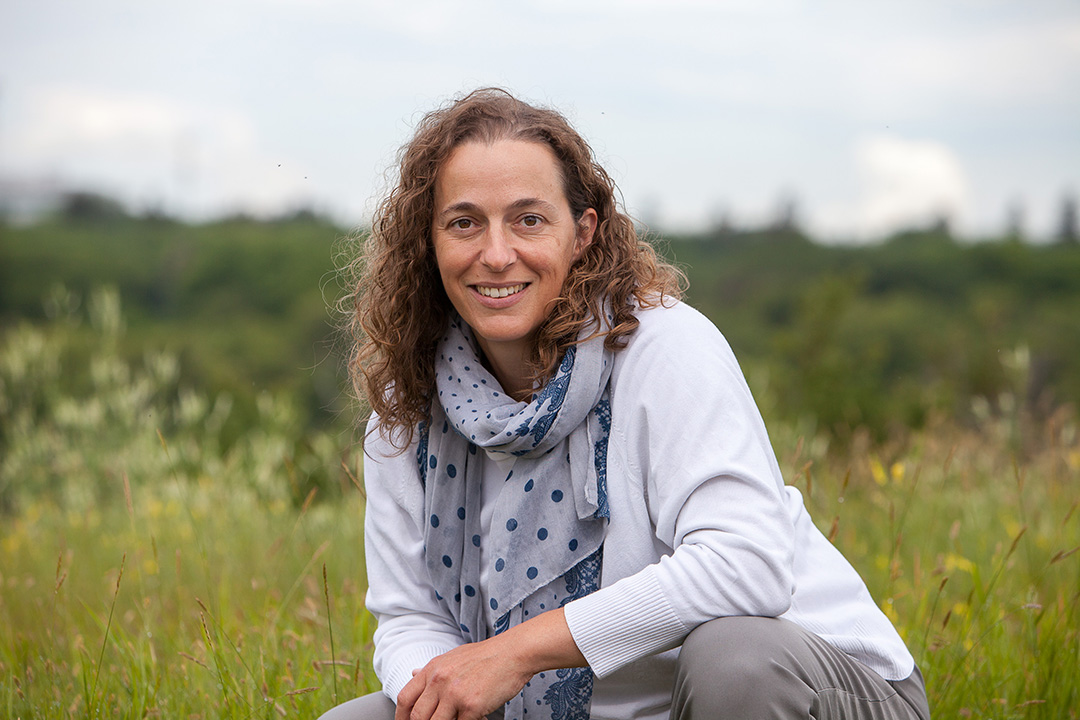
Dean's Report
Incoming Dean Angela Bedard-Haughn looks forward to the future of the College of Agriculture and Bioresources.
By Angela Bedard-HaughnAs I write this message, harvest is in full swing, leaves are just starting to turn, and students everywhere are returning to school in a way that is very different from anything any of us has experienced before.
As the new dean of the College of Agriculture and Bioresources, I find myself filled with a combination of excitement and trepidation. I must confess, I have some trepidation over how to effectively advance our mission in the current COVID-19 milieu: the university campus is eerily quiet, with most faculty and staff working remotely and the vast majority of classes going online for the fall term.
That being said, my trepidation is largely tempered by knowing that behind that quiet facade, the faculty and staff in AgBio have been working hard throughout the spring and summer, at home or in socially-distanced field plots or labs. They have been keeping their critical research moving forward, training the graduate students who will be our future leaders, and doing everything they can to ensure that our undergraduates this fall are learning the skills they need to prepare for successful careers, wherever their paths take them.
When I see the effort and passion of our faculty, staff and students, I am incredibly excited about the potential for our college to have an even greater impact in a world that is recognizing anew the value of food production systems and the importance of environmental integrity in the face of a changing climate.
And so, focusing on the excitement, I am looking ahead. I look forward to growing the AgBio research ecosystem, ensuring our faculty, staff and students have access to the collaborative networks, facilities and supports they need to do transformative work.
I look forward to growing engagement with our many stakeholders (government, NGO, and private sectors, ag commodity and livestock groups) and with the broader community. This will allow us to stay relevant and responsive to societal needs and to deliver the research, knowledge, and training opportunities necessary to tackle shared challenges.
We also have an important role to play in building public understanding and trust in food safety, security and sustainability, at home and around the world.
Finally, I look forward to growing the diversity of our community to ensure it reflects those we serve. By intentionally committing to reconciliation, equity, diversity and inclusion, we are recognizing the value of many voices and the value of learning from each other about new and different ways of knowing and doing. Many hands may make light work, but many diverse voices make innovation.
Please join me in taking a moment to pause and celebrate the successes of our AgBio community (like the ones you’ll read about in this issue). Then let’s turn to the future and continue to grow.
Agknowledge, December 2020

